Interview: Sri Lankan activist Rosanna Flamer-Caldera
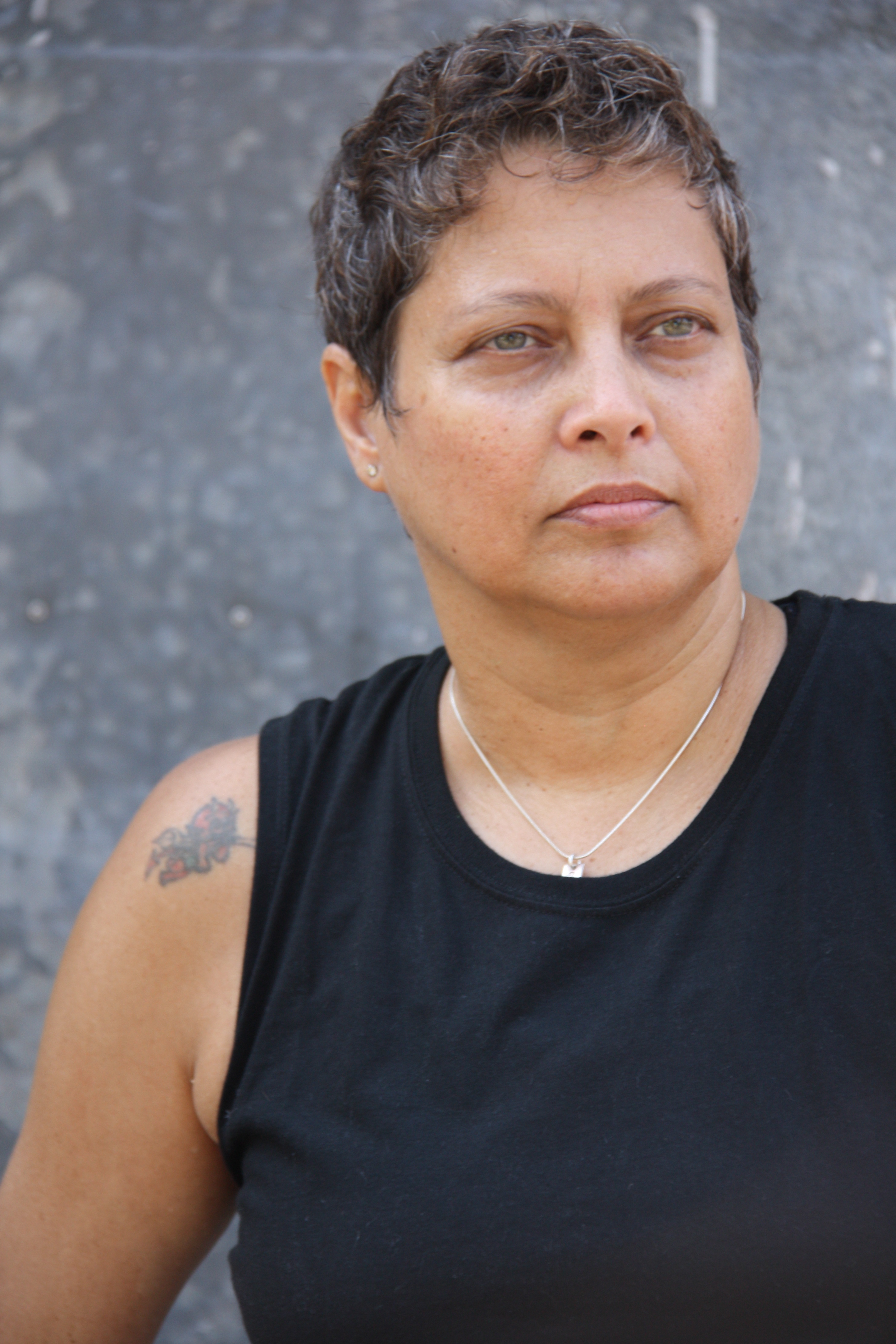

Rosanna Flamer-Caldera has been active in the struggle for queer rights in Sri Lanka and internationally since 1999. She was a founding member of Women’s Support Group (1999), the only organization for lesbians, bi women and trans people in Sri Lanka; and Equal Ground (2004), a mixed LGBTQ organization in Sri Lanka. In this exclusive interview with Orinam.net, Rosanna shares her views on the most pressing issues faced by the Sri Lankan queer community.
Currently what are the top priorities for LGBTIQ rights groups in Sri Lanka?
Decriminalization, sensitizing the masses to accept and understand LGBTIQ persons, sensitizing the LGBTIQ community to understand and accept themselves, addressing violence against the LGBTIQ community.
What do you think is the more promising route to obtain rights for LGBTQ people of Sri Lanka — legislative, legal, or ballot?
Legislative/legal yes, but even if the law changed today, acceptance by society will not. So we do have to sensitize the people, society at large and make them understand and accept us.
What legislative and judicial measures are LGBTQ rights groups in Sri Lanka advocating?
We are advocating for the decriminalization of homosexuality here and asking for protection under the law.
Is there any geographical variation within Sri Lanka in terms of visibility and acceptance for LGBTQ people?
Of course there is – urban areas tend to have more out and open LGBTIQ persons whilst the rural areas tend to have a more hidden population of LGBTIQ. And again of this variation, lesbian and bisexual women and FTM transmen are more invisible than gay and bisexual men and MTF transwomen in both settings.
How does the Sri Lankan media cover LGBTQ issues?
Sometimes quite badly and sometimes very well. It all depends on the media. By and large, we find the Sinhala newspapers do tend towards homophobic and sensational negative articles about the LGBTIQ community. English newspapers give us wide positive publicity on the one hand and then turn around and trash us in the next instance. The Tamil publications have really not covered the topic as much and there is no clear pattern of homophobia with them – they tend to either not cover or remain silent, which I feel is better than a newspaper publishing trash for the sake of increasing their readership.
Does any specific gender, linguistic group, religious group, or class face harsher challenges within the Sri Lankan LGBTQ community?
Like everywhere, Muslim groups tend to be the harshest and the most conservative. Having said that we do have many allies in the Muslim community. The Tamil community too is very conservative compared to the Sinhala community. However, when we do our outreach and sensitizing programs, the people we sensitize and speak with are more accepting once they understand what we are all about.
What are the problems lesbians and bisexual women face in Sri Lanka?
They are mostly invisible; they face forced heterosexual marriages, violence from family members, imprisonment (by family), ostracism by family and society, unwarranted sexual advances by men, mental and physical harassment, and so on. Suicide is also high amongst lesbians and bisexual women due to families tearing apart couples and forcing the women into heterosexual marriages or preventing them from being together.
What is the visibility of FTM people?
Not that high. Most FTMs have a hard time adjusting in society and are often ridiculed and harassed, sometimes leading to violence against them.
What sort of crisis response exists for individuals?
Equal Ground has a counseling hotline and a crisis management unit which deal with issues that arise. We evaluate the problem and respond accordingly.
What is needed in terms of support to individuals?
More funds! As an organization we can only do so much. Our biggest problem is accessing funds.
What is the position of the law in Sri Lanka on same-sex relationships?
Under the Sri Lanka Penal Code Section 365A both lesbians and gay men are criminalized.

Has the involvement of Equal Ground in broader causes such as tsunami disaster response impacted the perception of the organization?
I believe it is our work ethic and our professionalism that counts now, actually. In some areas, yes, the work we did during the post Tsunami period still evokes good feelings in people in the area.
What role do you see for transnational solidarity, e.g. From India or other South Asian neighbours in support of the LGBTQ movement in Sri Lanka?
I believe that regionally, we must stand united and fight for justice and equality together. The decisions and gains in LGBTIQ policies and law reverberate and we see people actually having a dialogue and thinking of things in a different way – if India or Nepal or Pakistan can do it, why can’t we? I also think there should be more avenues of collaboration and participation in order to further the cause.

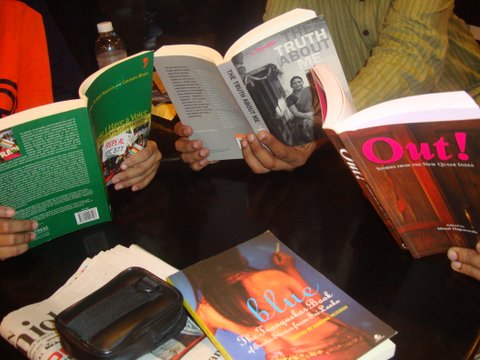
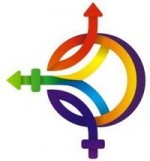
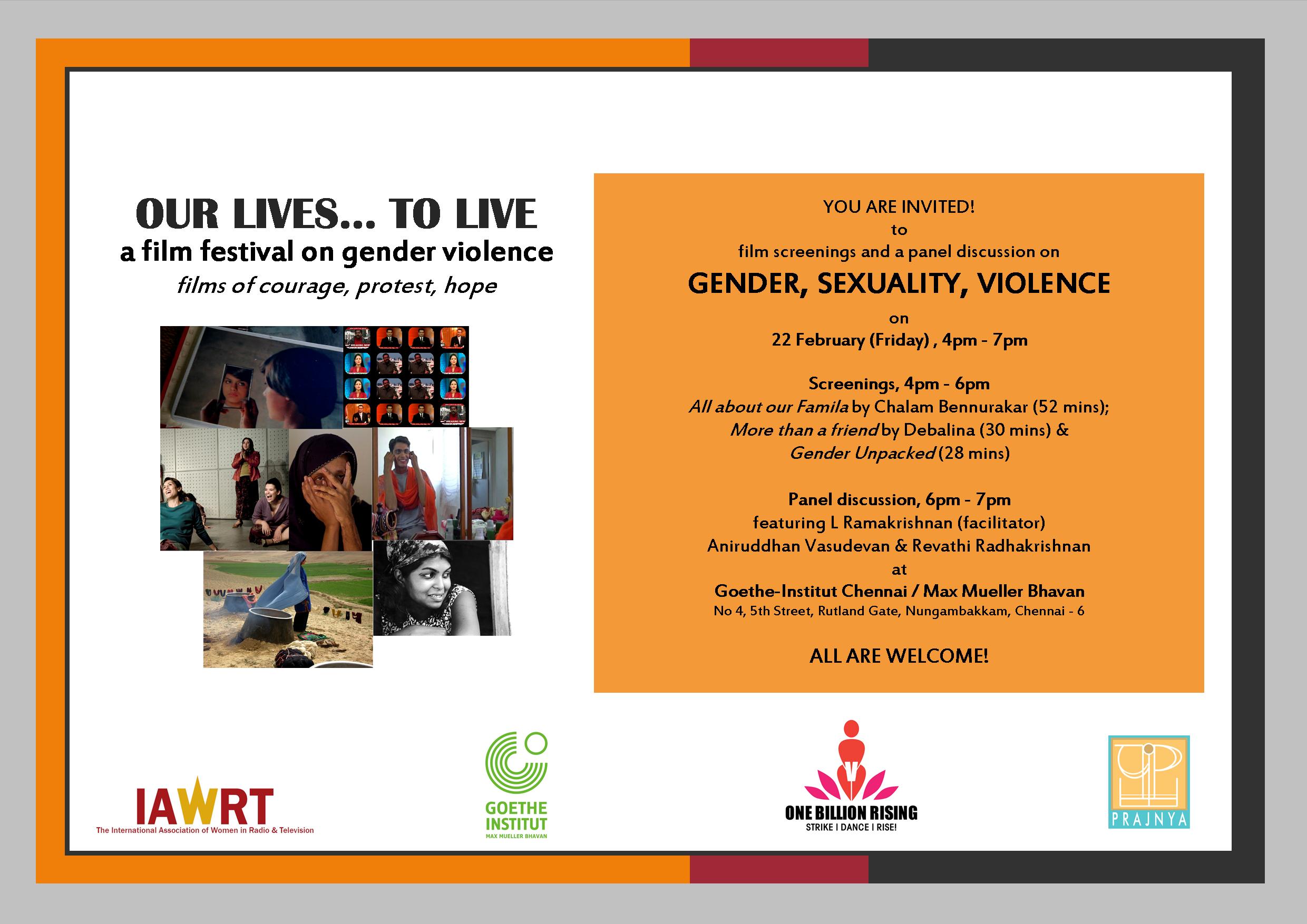
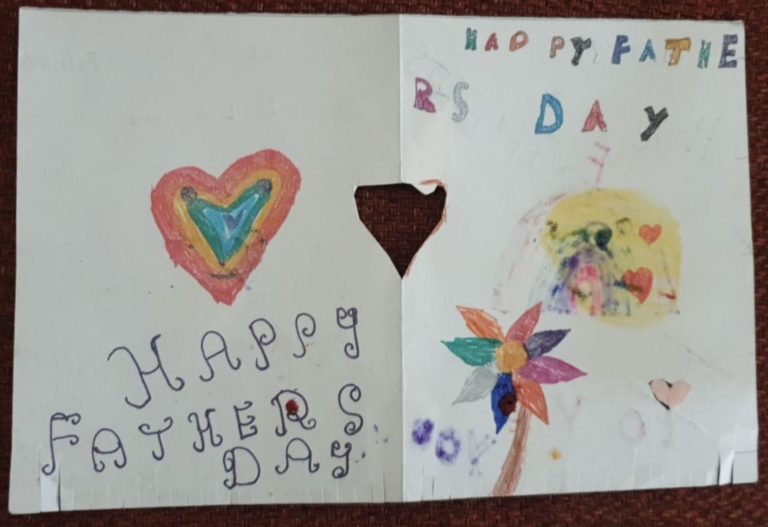
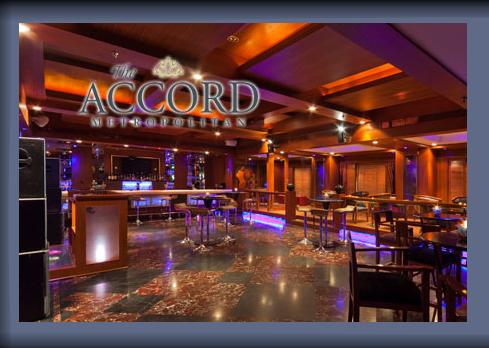
Excellent, brief and with so much activist experience in the back of the words of my sister in fight Rosanna Flamer-Caldera. I send lesbian moonlight regards to all lesbians, gay and queer people in Sri Lanka,
lepa mladjenovic, belgrade. serbia
This is very good effort on behalf of hidden society who are unable to express their feelings to mainstream society…
Rosanna Flamer-Caldera, Please continue this work. We are suffering here in Sri Lanka!